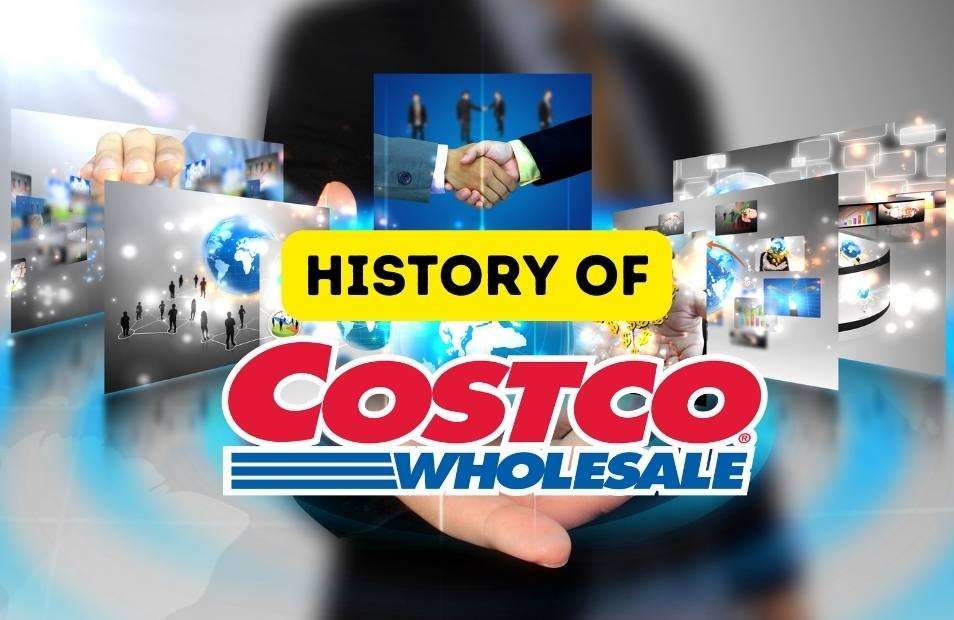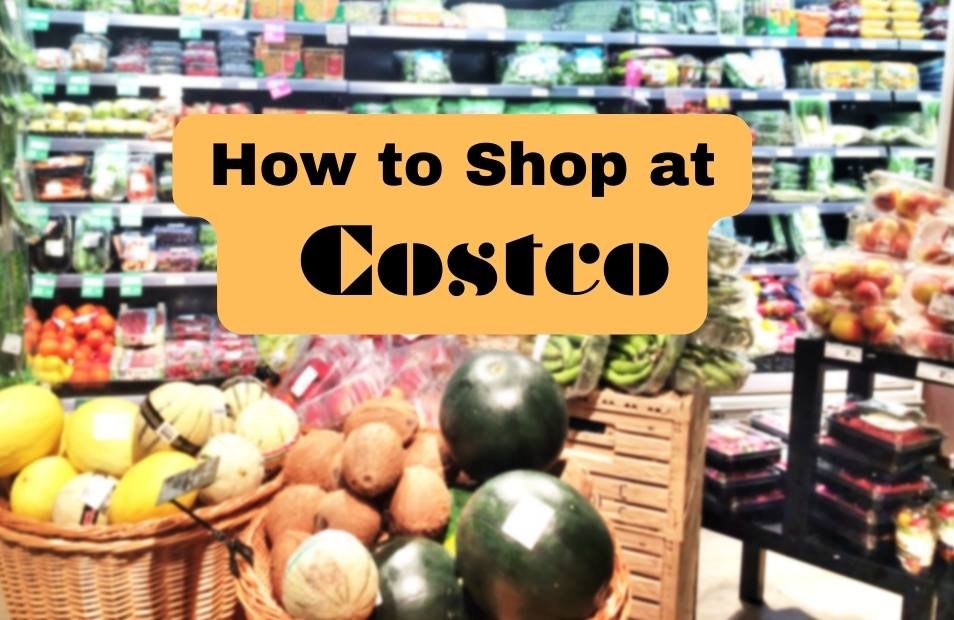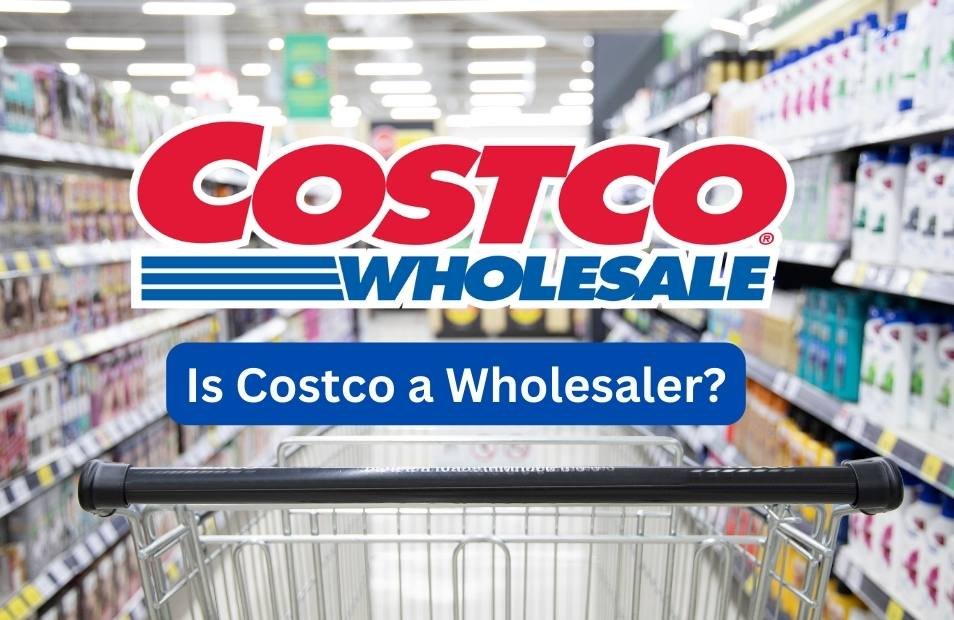Definition of a Wholesaler
A wholesaler is a business entity that buys products in large quantities directly from manufacturers and sells them to retailers or other businesses, typically at discounted prices. Wholesalers are crucial in the supply chain, acting as intermediaries between producers and retailers. By operating on a low-margin, high-volume model, they can pass significant savings onto their customers.
Introduction to Costco and Its Business Model
Costco is a multinational warehouse club that operates on a membership-only basis. Founded in 1983 by James Sinegal and Jeffrey Brotman, Costco has grown into one of the world’s largest and most successful retailers. With a unique business model that combines aspects of both wholesalers and retailers, Costco caters to individual consumers and businesses by offering a wide range of products at competitive prices.
Understanding Costco’s Business Model
Costco’s business model is a unique blend of wholesale and retail elements that sets it apart from its competitors. By focusing on the needs of individual consumers and businesses, Costco has created a thriving, membership-based warehouse club. Let’s explore the key components that define Costco’s business model.
Membership Model
A central aspect of Costco’s business model is its membership model. Customers are required to pay an annual membership fee to gain access to the store and its products. This strategy has two main benefits: it generates a steady revenue stream and fosters customer loyalty. By paying a membership fee, customers are more likely to shop at Costco to maximize the value of their membership and feel a sense of exclusivity that encourages them to spend more when they do.
Bulk Purchasing
Costco is known for its bulk purchasing approach, which allows it to buy products in large quantities directly from manufacturers at lower prices. This strategy lets Costco pass on the savings to its customers, offering them competitively priced products. Bulk purchasing also contributes to Costco’s ability to maintain a low-margin, high-volume model, similar to traditional wholesalers.
Low Markup Strategy
One of the cornerstones of Costco’s business model is its low markup strategy. Unlike traditional retailers that might mark their products by 25-50% or more, Costco typically keeps its markups between 8-15%. This approach allows Costco to offer products at lower prices than its competitors, attracting budget-conscious customers and businesses looking to save on everyday items.
Private Label Products
Costco’s private label, Kirkland Signature, is another crucial aspect of its business model. By offering high-quality products under its own brand, Costco can further reduce costs and pass the savings on to its customers. Kirkland Signature products often rival or surpass the quality of leading brands, which helps build trust and loyalty among Costco members. This private label strategy enhances customer loyalty and allows Costco to maintain control over its product offerings and quality standards.

History of Costco
Founding of the Company
Costco was founded in 1983 by James Sinegal and Jeffrey Brotman in Seattle, Washington. The company was established to create a membership-based warehouse club that would offer consumers and businesses competitive prices.
Early Years and Expansion
Costco’s first warehouse opened in September 1983, and the company quickly gained traction due to its unique business model and focus on customer satisfaction. In 1993, Costco merged with Price Club, another prominent warehouse club founded by Sol Price, to form Price Costco. This merger helped the company expand its reach and solidify its position in the market.
In the following years, Costco continued to grow domestically and internationally, opening warehouses in Canada, the United Kingdom, Mexico, Japan, South Korea, Taiwan, Australia, and other countries. The company also expanded its product offerings, adding optical, pharmacy, and travel services to its portfolio.
Current State of the Company
Today, Costco is one of the world’s largest and most successful retailers, with over 800 warehouses and millions of members. The company’s unique business model, commitment to customer satisfaction, and focus on quality have made it a favorite among consumers and businesses.
Advantages of Shopping at Costco
- Savings on Bulk Purchases: One of the main benefits of shopping at Costco is the savings customers can achieve by purchasing items in bulk. By buying products in large quantities, Costco can offer lower prices than traditional retailers, allowing customers to save on everyday items and reduce their overall expenses.
- High-Quality Products: Costco is committed to providing its customers with high-quality products. The company carefully selects its merchandise, ensuring only the best items are available in its warehouses. This focus on quality extends to Costco’s private label, Kirkland Signature, which often rivals or surpasses the quality of leading brands.
- Wide Range of Products: Costco offers a wide range of products to cater to the diverse needs of its customers. From groceries and household items to electronics and automotive services, Costco has something for everyone. This variety makes it a one-stop shop for customers looking to save time and money.
- Excellent Customer Service: Costco is known for its excellent customer service and commitment to customer satisfaction. The company’s generous return policy allows customers to shop confidently, knowing that they can return items if they are unsatisfied with their purchase. Costco’s helpful and knowledgeable staff are also available to assist customers, ensuring a positive shopping experience.
Challenges of Shopping at Costco
Membership Fees
One potential drawback of shopping at Costco is paying an annual membership fee. This fee might deter some customers who do not frequently shop enough to justify the cost or prefer not to commit to a single retailer.
Limited Selection of Brands
Costco often carries a limited selection of brands for each product category, focusing on providing the best quality and value instead of a wide variety of options. While this approach can lead to savings and high-quality products, some customers might be disappointed if they cannot find their preferred brands.
Impersonal Shopping Experience
Due to the warehouse-style layout and the size of Costco stores, some customers might find the shopping experience to be impersonal. The vastness of the store and the focus on bulk items can make it difficult to find specific products or create a sense of intimacy during shopping trips.
Long Checkout Lines
Costco’s popularity and emphasis on bulk purchases can sometimes lead to long checkout lines, particularly during peak hours or special sales events. This can be a source of frustration for customers who value quick and efficient shopping experiences.
Membership Options
To shop at Costco, you must sign up for one of their membership options. Costco offers different tiers of memberships, including Gold Star, Gold Star Executive, and Business memberships, each with perks and benefits. Choose the membership that best suits your needs and shopping habits.
Tips for Saving Money at Costco
To save money at Costco, take advantage of their sales, coupons, and rebates. Costco regularly offers discounts on various products, and you can find these deals in their monthly coupon book or on their website. Shopping for Kirkland Signature items can also lead to significant savings without sacrificing quality.
Strategies for Navigating the Store
When shopping at Costco, it’s helpful to have a plan in place to navigate the store efficiently. Keep an eye out for samples and unadvertised deals while you shop, as these can lead to incredible savings and discoveries.
How to Make the Most of Your Costco Membership
To maximize the value of your Costco membership, consider taking advantage of their additional services such as travel, pharmacy, and optical. These services can offer significant savings and convenience for members. Remember to use your membership for fuel purchases, as Costco often has lower gas prices than other stations.
Costco vs. Other Wholesalers
Comparison to Sam’s Club and BJ’s Wholesale Club
While Costco shares some similarities with other warehouse clubs like Sam’s Club and BJ’s Wholesale Club also sets itself apart with its unique business model, private label offerings, and commitment to quality. Each warehouse club has its own strengths and weaknesses, and the best choice for a customer will depend on their individual needs and preferences.
Comparison to Traditional Wholesalers
Costco differs from traditional wholesalers in several ways, primarily due to its membership model and focus on individual consumers. While traditional wholesalers often cater exclusively to businesses, Costco bridges the gap between wholesale and retail, making bulk savings accessible to a broader range of customers.

Future of Costco
Predictions for the Company’s Growth and Evolution
As the retail landscape continues to evolve, Costco is well-positioned for future growth and expansion. The company’s focus on quality, customer satisfaction, and competitive pricing will likely continue to drive its success. We can expect Costco to expand its presence in existing markets, enter new markets, and explore new product categories and services to meet the ever-changing demands of its customers.
Potential Challenges and Opportunities
Costco will likely face challenges in the form of increased competition from both traditional retailers and e-commerce giants. Adapting to new technologies and consumer preferences will be crucial for the company to stay ahead of the curve. However, Costco’s unique business model, strong customer loyalty, and commitment to quality also present numerous opportunities for continued success.
Conclusion: Is Costco a Wholesaler?
Recap of Key Points
Throughout this article, we have explored the various aspects of Costco’s business model, its history, and its impact on the retail industry. We’ve also discussed the advantages and challenges of shopping at Costco and compared it to other wholesalers and retail giants.
Final Thoughts on Costco as a Wholesaler
In conclusion, Costco occupies a unique position in the market, blending elements of wholesaling and retailing. While it shares some similarities with traditional wholesalers, its membership model, focus on individual consumers, and commitment to quality set it apart. Costco is a
membership-based warehouse club that offers wholesale-like savings to its customers while providing a retail-like shopping experience.
How to Become a Distributor of Diapers?
FAQs
1. What is the difference between Costco and a regular retailer?
Costco differs from regular retailers, including its membership model, bulk purchasing approach, low markup strategy, and private label offerings. These factors enable Costco to offer competitive pricing and a unique shopping experience compared to traditional retailers.
2. Can anyone shop at Costco, or do you need a membership?
To shop at Costco, you need to have a membership. Costco offers different tiers of memberships, each with its benefits and perks.
3. Are Costco products cheaper than those at traditional grocery stores?
Costco’s products are generally cheaper than traditional grocery stores due to their bulk purchasing approach, low markup strategy, and private label offerings. However, price differences can vary depending on the product and region.
4. What kind of products does Costco sell?
Costco sells various products, including groceries, household items, electronics, automotive services, and more. They also offer additional services such as travel, pharmacy, and optical.
5. How does Costco’s low markup strategy work?
Costco’s low markup strategy involves keeping product markups between 8-15%, which is lower than traditional retailers that might mark up products by 25-50% or more. This approach allows Costco to offer products at lower prices, attracting budget-conscious customers and businesses looking to save on everyday items.

